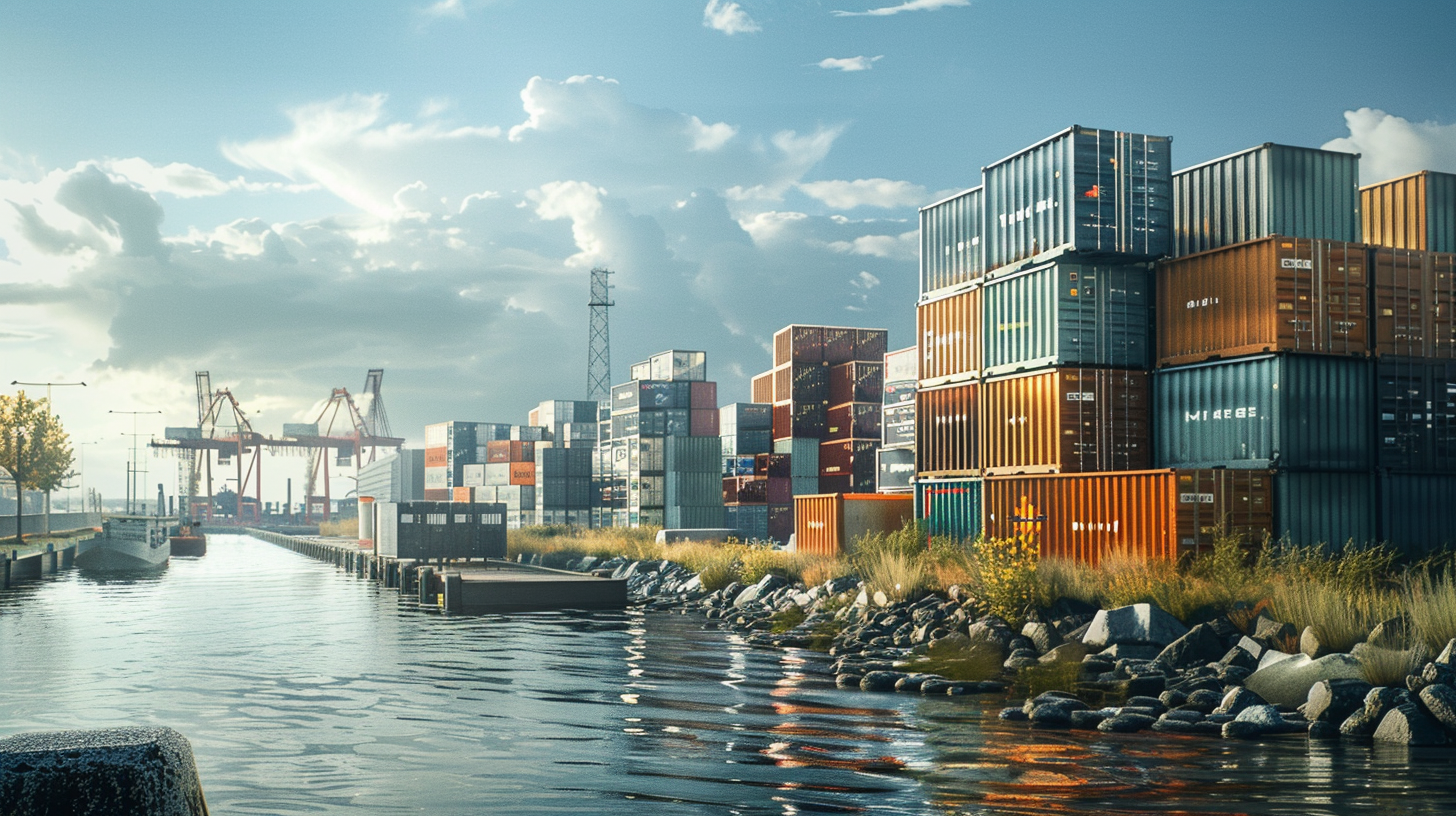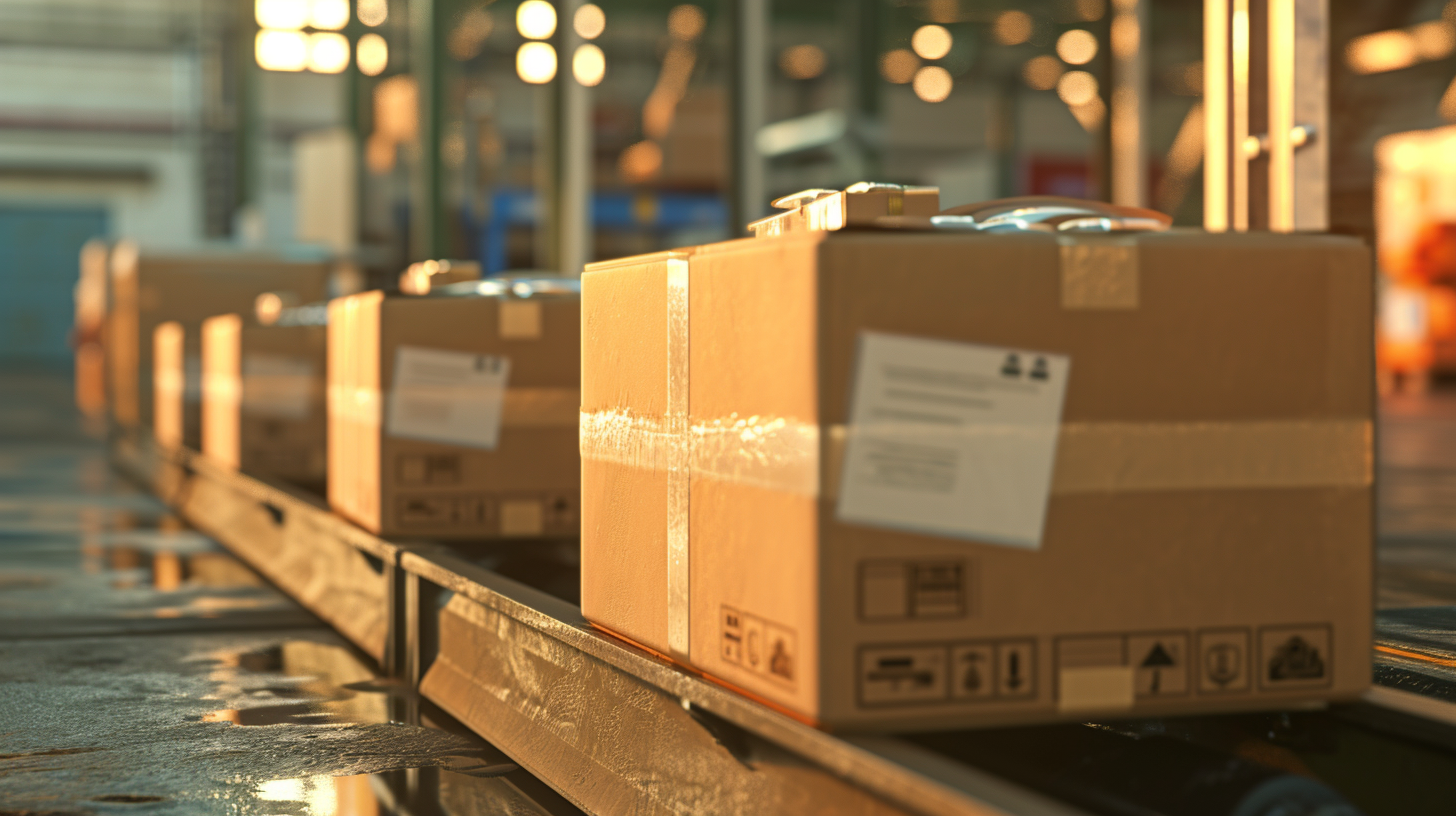How Long Does Customs Clearance Take?
When you're shipping internationally, customs clearance is an important part of the process. But how long does it take to clear customs? Different countries have different rules when it comes to clearing shipments through customs, and the amount of time it takes can vary depending on your location and the type of goods you are shipping.
In this guide, we'll explore how long does customer clearance takes, different factors that can affect customs clearance times, and provide tips for speeding up the process.
Factors Affecting Customs Clearance Times
Delays in customs clearance can mean serious delays in getting goods where they need to go, leading to customer dissatisfaction and businesses suffering losses. But what affects customs clearance times? Let’s take a look.
Documents Required For Customs Clearance
One of the most important factors affecting customs clearance times is the documentation required for the process. This includes items such as commercial invoices, packing lists, certificates of origin, and other documents that may be needed depending on the type of goods being shipped.
If any of these documents are missing or incomplete, it can easily cause a delay in customs clearance. Therefore, it’s important to make sure all necessary paperwork is properly filled out and submitted in advance so that there won’t be any unexpected delays when it comes time for your goods to clear customs.
Customs Tariff Rates
The
tariff rates applicable for your goods are another key factor affecting customs clearance times. Different countries have different import duties and tax rates based on the type of products being imported; these must be paid before the goods can be released from customs.
Depending on the country you are importing into, this process can take longer than expected due to administrative procedures or additional paperwork required by local authorities. Be sure to research tariff rates well in advance so that you are aware of any potential delays ahead of time and can plan accordingly.
Local Regulations & Rules
Each country has its own set of regulations and rules governing imports, exports, and trade with other countries—and these must be followed strictly if you want your shipment to clear customs quickly and without any issues.
Make sure you are familiar with all relevant laws before shipping anything overseas; failure to do so could result in serious delays (not to mention fines) when trying to get your goods across international borders. In addition to local rules, there may also be restrictions imposed by international bodies such as the World Trade Organization (WTO), which should also be taken into account when planning a shipment across borders.
How Long Does Customs Clearance Take?
The answer to this question really depends on the country you are shipping to and the type of goods you are shipping. Generally speaking, most shipments will clear customs in a few days, although it is not unheard of for some countries to take up to several weeks or even months.
To ensure your shipment clears customs as quickly as possible, make sure you have all necessary paperwork filled out accurately and submitted well in advance. Additionally, be aware of any applicable tariff rates and local regulations that may slow down the process so that you can plan accordingly.
Customs tariff rates and local regulations can cause delays in customs clearance, so be sure to research them well in advance. Make sure you have all necessary paperwork filled out accurately and submitted in advance—this will help speed up the process and ensure your shipment is cleared quickly. With a little preparation and the right knowledge of customs clearance procedures, you can make sure your goods get where they need to go without any unnecessary delays.
Tips For Speeding Up Customs Clearance
Although there’s no way to guarantee a specific time frame for customs clearance, there are several tips you can use to speed up the process and minimize delays:
•
Make sure all necessary documents are in order before shipping – this includes commercial invoices, packing lists, certificates of origin, and any other paperwork that may be required.
•
Research applicable tariff rates ahead of time – knowing what tax rates you’ll have to pay before shipping goods will save you time when it comes time to clear customs.
•
Hire a customs broker or agent – these professionals specialize in expediting customs clearance and can help ensure your shipment moves through quickly and without any issues.
•
Contact your local customs authorities – if you are having trouble or need clarification on any aspect of the process, don’t hesitate to reach out to your local customs officials for help.
Documents Required For Customs Clearance
In this section, we’ll be looking at some of the most common documents required for customs clearance and what you need to know about them.
Commercial Invoice
A commercial invoice is a document that contains an itemized list of goods being shipped from one country to another. This document must include details such as the buyer and seller information, product descriptions, quantity and cost of each item being shipped, date of sale, payment terms and any additional charges (such as shipping fees or taxes). A commercial invoice is usually required by customs officials in order to assess duties and taxes on imported shipments.
Bill Of Lading
The
bill of lading is a legal document issued by a carrier (e.g., ship, truck, or aeroplane) that serves as proof of ownership over the goods being transported from one place to another. The bill of lading also includes details such as the shipper’s name and address, consignee’s name and address, description of goods being shipped, the number of goods being shipped, origin and destination ports/airports/etc., estimated time for delivery, and any applicable charges or fees associated with the shipment.
Certificate Of Origin
The certificate of origin is a document used to certify that all products were made in a particular country or region (i.e., where they originated). This document must include specific details such as the full names and addresses of both exporter(s) and importer(s), product descriptions with Harmonized Tariff System codes (if applicable), date when the merchandise was exported from its original country/region, quantity, value per unit/weight/volume measurements total value per lot/shipment/container, etc.
Conclusion
Understanding how long does customs clearance take is essential for any business that imports or exports goods internationally. While there are many variables that affect the length of time it takes for customs clearance to be completed, generally speaking, most countries can expect this process to take between 1-3 days—though additional paperwork or inspections may be required in some instances.
Planning ahead by double-checking your country’s specific regulations can help make sure that your shipments aren’t delayed due to unexpected complications during the customs process.










